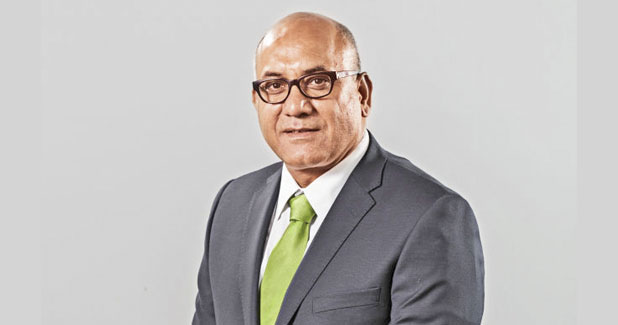
Our vision is to have about 75 plants in India in the next 4-5 years
To what extent has Elematic technology found traction in India? Could you make specific references?
Elematic is already a world leader in precast technology. We also have the majority share in the Indian market with 20 plants supplied and installed all over India. Further to make precast affordable, we have opened our mould manufacturing factory to bring down the cost and delivery time of precast machinery.
Some plants in India installed by Elematic include:
- VME Precast, Chennai - villas, apartments, malls, commercial, industrial, stadiums etc.
- BG Shirke, New Delhi - Delhi Development Authority - 50,000 units
- The KEF, Krishnagiri, Tamil Nadu - hospitals, schools, high rise etc.
- Amrapali Precast, Greater Noida - villas, high rise, commercial (malls) etc.
- BN Precast, Ahmedabad - partition walls, boundary walls etc.
How do you visualise the future of precast industry over the next 5-10 years in India?
There is a great demand for affordable housing in India. Elematic has supplied precast plants for four such mass housing projects in Delhi, Raipur and Pune. Because of the inherent advantage of speed, quality and ease of execution, precast is also gaining traction in construction of industrial sheds, commercial buildings, IT SEZs, car parks and boundary walls.
Due to strict monetary control in the real estate sector, new mechanised construction methodologies need to be adopted to have a clear understanding of project costs, avoid budget overruns and complete projects on time.
What are the stumbling blocks in your growth path? How do you plan to mitigate the same?
While there is acceptance of precast concrete building construction in India, there is still need to have precast-friendly architecture and structural design. It is important to educate architects and structural engineers to have efficient building designs to ensure easy production, transportation, installation and jointing of precast elements. Only by efficient design, we can bring down the material cost and construction time. The IS code not having extensive material on precast building design and thus have to refer to many foreign codes. A positive development in this direction is the release of handbook for practising engineers by IIT Madras.
The only way to overcome these challenges is to educate and bring awareness to the key decision makers like architects, structural engineers, government agencies etc.
Elematic is a world leader in precast technology and related equipment. How is it different in comparison to others in terms of quality and end cost of the products?
Elematic spends 2-3 per cent of its annual turnover on research and development of precast machinery, products and methodologies. We have the largest number of precast machinery related patents in the world. Our patented shear compaction technology for producing prestressed hollow core slabs uses lesser concrete in the overall cross-section of the slab than any other machinery producer. In addition, the concrete requires lesser cement than other machinery.
In order to promote affordable precast in India, we have also opened our own mould manufacturing plant in India. We have also introduced an economical partition wall product, the Acotec wall, which is a light weight, room height wall panel. These are precast panels which do not require any plastering. As these are hollow core wall panels, they have excellent sound and thermal insulation properties. In addition, these are six times faster than brick work!
What are upcoming technologies suitable for India? By when can one expect introduction of the same?
In India Elematic has come up with a SEMI Wall and SEMI Slab line system. These are small precast plants which can be located on site or centrally in a factory environment. These plants are most suitable for small projects from 15,000-75,000 sq m construction per year. Cost of these plants varies from Rs 1-5 crore and require very little time to install and start production. We envision that such plants will grow exponentially in all Tier 1,2, 3 cities in the next 1-2 years.
What is your vision 2020 for India? What will be your business philosophy or model which govern the implementation of your vision?
Our vision is to have about 75 plants in India in the next 4-5 years. We also have our vision in line with our Prime Minister?s vision of ?Housing for All? and this is only possible with mechanisation of building construction to complete mass housing projects on time with good quality.
In addition, the new Realty Bill requires that the building construction projects will have to be completed with consistently good quality and within stipulated time periods. This can be ensured with precast concrete technology.


 +91-22-24193000
+91-22-24193000 Subscriber@ASAPPinfoGlobal.com
Subscriber@ASAPPinfoGlobal.com